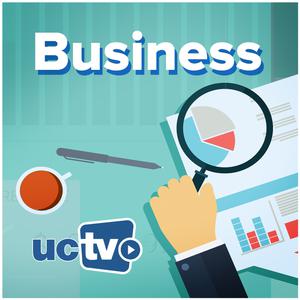This program aims to recover Plato’s idea of craft or art, Greek technê, in the expansive sense which includes not only the handicrafts but skilled practices from housebuilding to navigation. Rachel Barney, professor of philosophy at the University of Toronto, examines Plato and other Greek thinkers who were fascinated by the craft model: the idea that both the moral virtue of the good person and the political widom of the expert ruler are — or could be made into — skilled practices as reliable as shoemaking or carpentry. Similar ideas appear in classical Chinese philosophy, developed in very different ways by Daoist and Confucian thinkers. In our time, craft is in a bad way: marginalized in theory and everywhere endangered in practice. Ancient thinkers can help us to see what remains valuable and urgent about craft today, and what a reinvigorated understanding of it might contribute to our ethical and political thought. Crafts to be considered include carpentry, medicine, drawing, film editing, the ‘multicraft’ of the restaurant, tennis, and traditional Polynesian navigation. Philosophical points of reference, in addition to Plato, Aristotle, Zhuangzi, and Xunzi, include Murdoch, MacIntyre, Korsgaard, and the Hart-Fuller debate, as well as literary reflections from Kazuo Ishiguro and Cormac McCarthy. Barney is joined by Adam Gopnik, Rachana Kamtekar, Christine Korsgaard, and Alexander Nehamas to discuss the topic of craft. Series: "Tanner Lectures on Human Values" [Humanities] [Business] [Show ID: 39865]
18 August 2024, 9:00 pm
